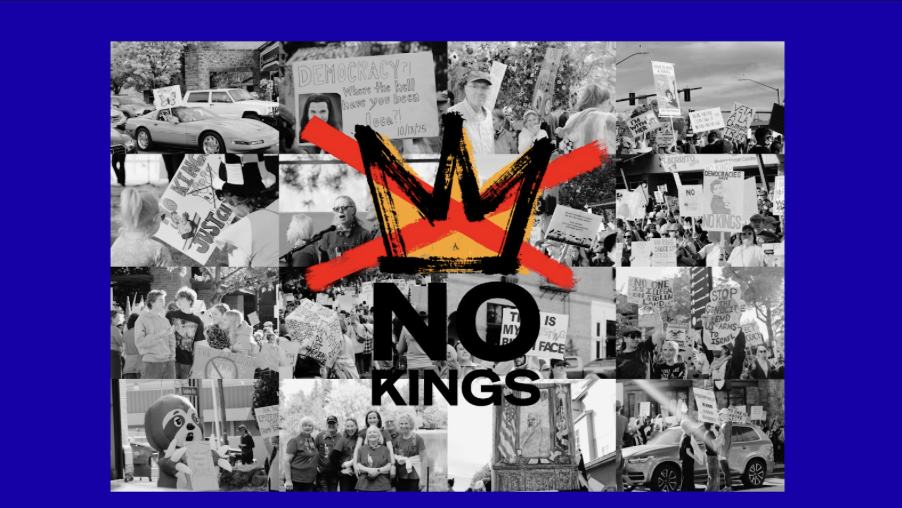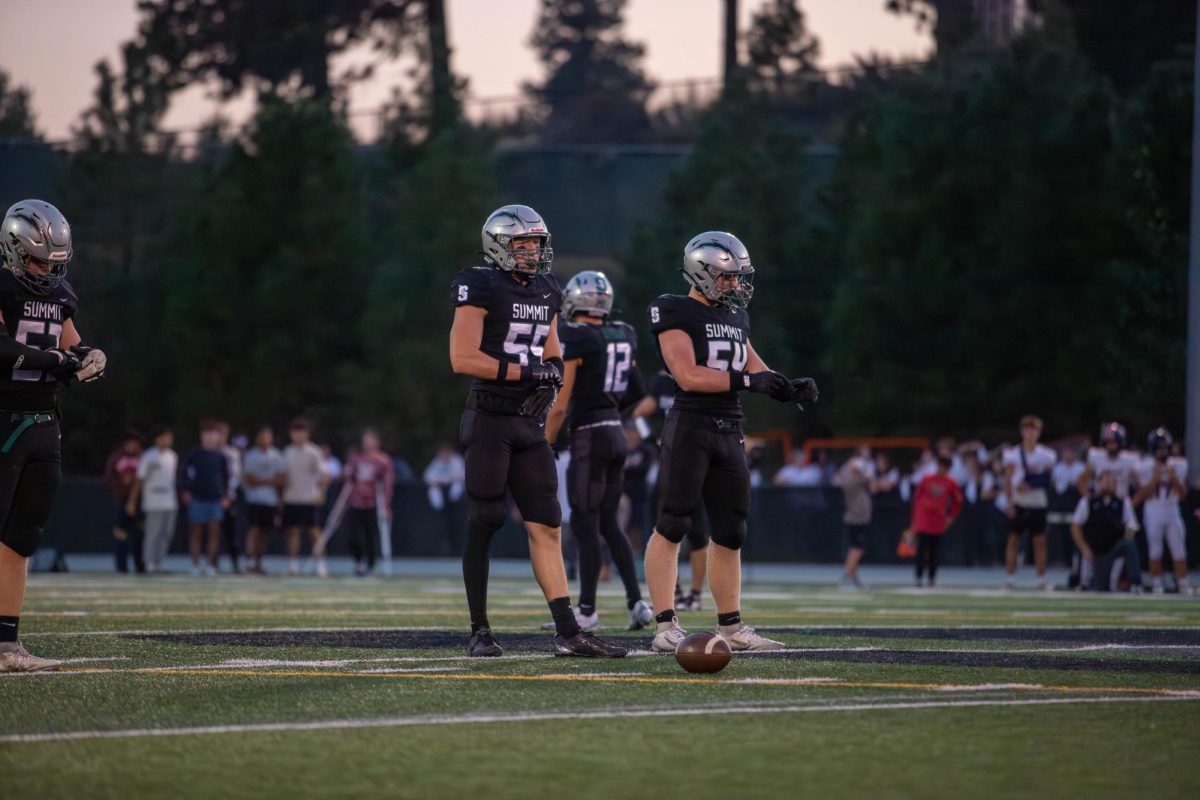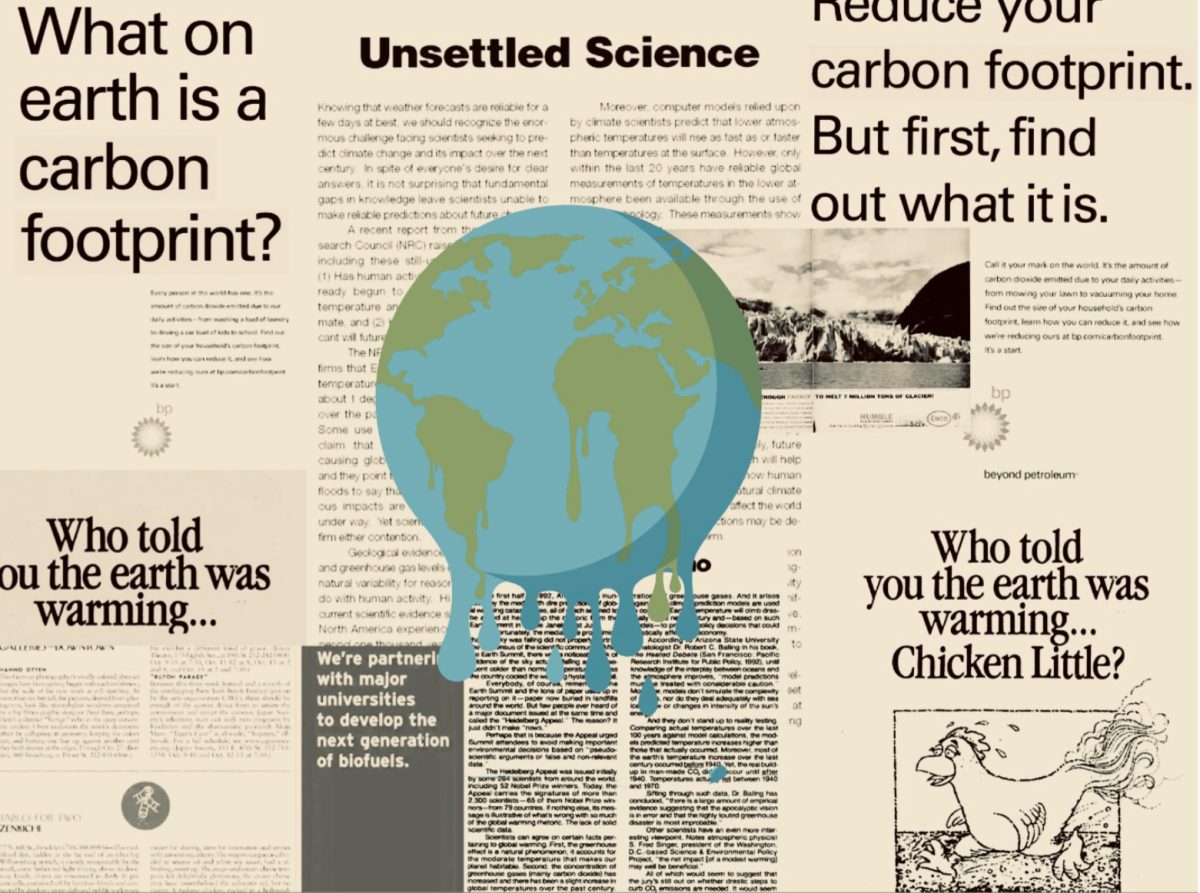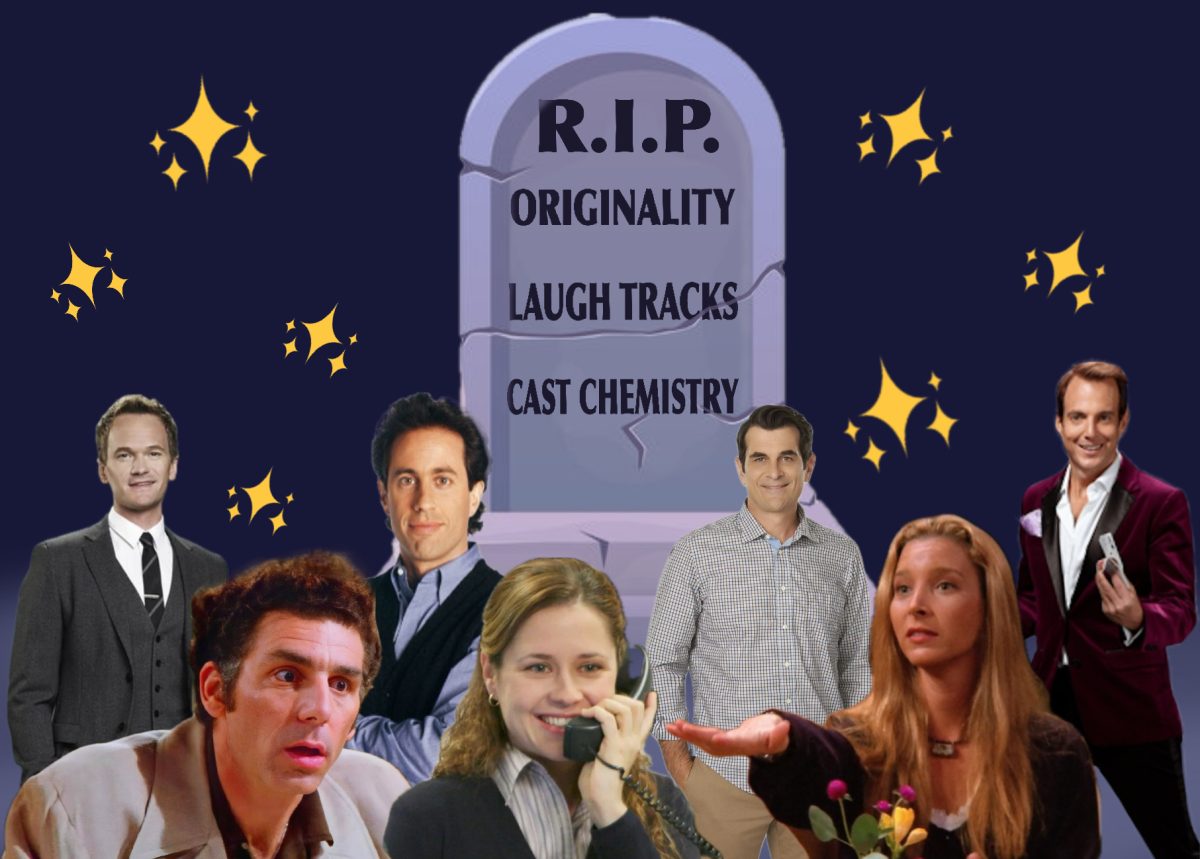Every time I enter the Summit bathrooms, I see a gray poster plastered on each stall door that lists the ways that students can take climate action by taking small steps to be more sustainable. While I agree with the poster’s message, I can’t help but wonder why it’s left up to high school students to make this big of a change.
For years the average American has been spoonfed the idea that walking to work, recycling and taking shorter showers will solve a global climate problem. Meanwhile, the climate policies and practices of the government and big companies such as Beyond Petroleum remain unchanged to address the crisis. But where did the idea that the individual consumer is responsible come from? When did it suddenly fall on us?
As big oil and gas companies began to grow their marketing campaigns addressed climate change allegations by either denying its existence or downplaying its severity. For instance, in 1996 Mobil ran advertisements that claimed, “We still don’t know what role man-made greenhouse gasses might play in warming the planet.”
However, in 2004 Beyond Petroleum took a whole different approach in addressing climate concerns with a campaign that said, “Hey wait a minute, it’s not our fault, it’s yours.” BP spent more than a hundred million dollars on a campaign that introduced the phrase, “carbon footprint” to the public. The manipulative campaign targeted average Americans lifestyle choices and average day to day routines. The campaign was hugely successful, environmentalists and anyone focused on the climate crisis started pointing the fingers at each other and themselves instead of fossil fuel companies.
“I think putting pressure on individual consumers redirects blame from large corporations and makes it difficult for progress to be made regarding climate action,” said Tatum Hoffmann, a Summit Sophomore.
Many professional climate activists are working to shift this narrative. Graham Zimmerman, the director of athlete alliances at Protect Our Winters, is a professional climber and an advocate for a healthier environment and planet. His advocacy work draws from three pillars, mission, purpose and vision. His mission is to empower individuals and corporations to work together toward a sustainable future, in turn his work’s purpose is to define the balance between nature, exertion and community, and what drives all of his work and actions is the vision of an equitable relationship between humans and the planet. At POW, his job is to deploy athletes and leaders in the outdoors to become climate activists.
“While living an examined life is crucial, it is not through personal change that we solve the climate. Instead, it is through systemic change, decarbonizing the systems in which we live so that we can continue to move forward as a society in a better equilibrium with the planet on which we live,” said Zimmerman.
Living an examined life means being aware of your lifestyle choices and how you contribute to the climate crisis. Buying an electric car, installing solar panels, etc are examples of lifestyle changes people can make.
“If you’re like most Americans or nearly all global citizens, the cost of these items is prohibitive, therefore leaving the only option of giving up the niceties of modern society in order to live in better balance with the planet. This presents a massive social equity problem and when we think about climate solutions, we need to look at ways that we move forward together,” said Zimmerman.
Some countries have already adapted climate policies such as the Netherlands who in 2017, converted all passenger trains to run on green energy and their buses are required to use renewable energy. Tokyo has followed suit, in April of 2022, their cites railways are powered by solar energy and other renewable sources. Another government policy that could make systemic change is a carbon tax. A carbon tax is a price that the government asks emitters to pay for each ton of gas emissions they produce. A higher price for carbon products pushes producers and consumers alike to shift to more sustainable energy sources and behaviors. All of these policies and practices fall under the umbrella of decarbonization.
The climate crisis should not fall on one person’s shoulders, as the fossil fuel wants us to think, if the world needs to fix a global problem then it should face it on a global scale, through strong systemic change.
































